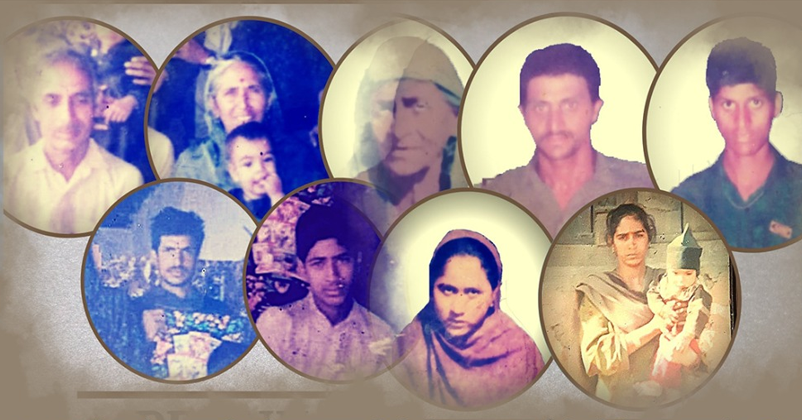Prankote Massacre: 29 Hindus Brutally Killed by Islamist Terrorists on April 17, 1998 – A Dark Chapter in J&K’s History
17 Apr 2025 11:19:39

On the night of April 17, 1998, the quiet village of Prankote in Jammu and Kashmir’s Udhampur district (now in Reasi) witnessed one of the most brutal acts of human rights violations in kashmirhuman rights violations in kashmirin the J&K’s history. A group of 14 Pakistan-backed Islamist terrorists entered the village under the cover of night and carried out a massacre so savage that it shook the very soul of the nation.
Without firing a single bullet, the terrorists killed 29 innocent Hindus in cold blood, including 12 children—some as young as 3 or 4 years old. Many were beheaded and others were burned alive when their houses were set on fire. Children were killed in front of their parents. It was not just an attack on people, but an attack on humanity. Families were wiped out in minutes. The terrorists used knives, swords, and fire to carry out their inhuman act.
This was not a random act of violence. It was a part of a larger plan by Pakistan-backed terrorists to drive Hindus out of Jammu and Kashmir and change the region’s demography. The aim was clear – to spread fear, break the unity of the people and challenge India’s sovereignty.
Prankote, a remote village nestled in the hills, was so isolated that it took 10 hours for the news to reach the authorities. By the time security forces arrived, it was already too late. The terrorists had vanished, leaving behind only ash, blood, and unimaginable grief.
The massacre led to the forced displacement of thousands of Hindus from nearby remote villages, who fled to safer areas in fear of their lives. Since that day in 1998, many of the surviving families and victims of the Prankote carnage have been living in the Talwara migrant camp on the banks of the Chenab River in Reasi district. These families were uprooted from their ancestral homes and have spent over two decades in temporary shelters—waiting for justice, recognition, and the hope of returning home.